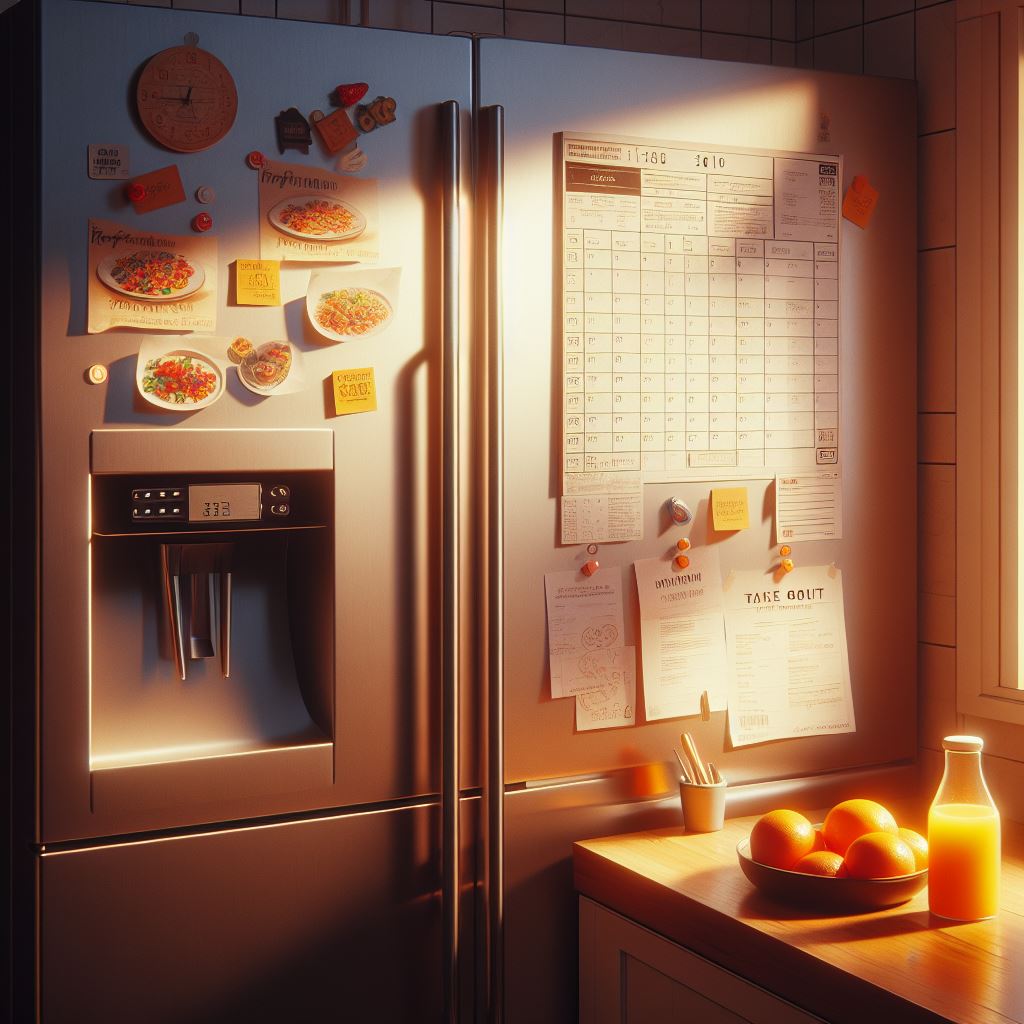Have you ever opened up your fridge to find a piece of cheese covered in fuzzy, green mold? It can be a bit gross and definitely not something you want to eat. But have you ever wondered why cheese molds in the refrigerator? Despite our best efforts to keep our food fresh, mold can still find its way onto our favorite dairy products. Let’s delve into the science behind why cheese molds in the fridge and what we can do to prevent it.
Default Ad Code 1
Cheese is a beloved food that can be enjoyed in various ways, but finding mold on it in the refrigerator is a common issue. Mold on cheese in the fridge is primarily due to moisture, as mold thrives in damp environments. Soft cheeses with higher moisture content, like brie or blue cheese, are particularly susceptible to mold growth.
Improper storage can also contribute to mold on cheese. It’s essential to store cheese in airtight containers or tightly wrapped in plastic to prevent exposure to air and moisture. Leaving cheese uncovered or in partially opened packaging increases the likelihood of mold development.
The temperature of the refrigerator is another factor to consider. Cheese should be kept at a consistent 40°F (4°C) to slow down mold growth. Fluctuating temperatures or a warmer fridge can create a favorable environment for mold.
While some molds are harmless and even enhance the flavor of certain cheeses, it’s best to discard cheese with visible mold. Mold can produce mycotoxins that can be harmful if consumed in large amounts.
To prevent cheese from molding in the refrigerator, store it properly in airtight containers, maintain the correct temperature, and consume it within a reasonable time frame. By following these precautions, you can enjoy your cheese without worrying about mold growth.
Default Ad Code 2
1. Why does cheese mold in the refrigerator?
Cheese can mold in the refrigerator due to exposure to air and moisture, as well as being in close proximity to other moldy foods. Mold spores are present in the environment and can easily land on cheese, especially if it is not properly stored in airtight packaging.
2. Can I prevent cheese from molding in the refrigerator?
Yes, you can prevent cheese from molding in the refrigerator by storing it in airtight containers or wrapping it tightly in plastic wrap. Keeping the refrigerator clean and free of moldy foods can also help prevent mold from spreading to the cheese.
3. Is it safe to eat cheese that has mold on it?
It is generally safe to eat hard cheeses that have mold on them, as long as you cut off the moldy parts and a little bit extra to ensure that all the spores are removed. However, soft cheeses and dairy products like yogurt should be discarded if they develop mold, as these types of cheeses can harbor harmful bacteria along with the mold.
Default Ad Code 1
